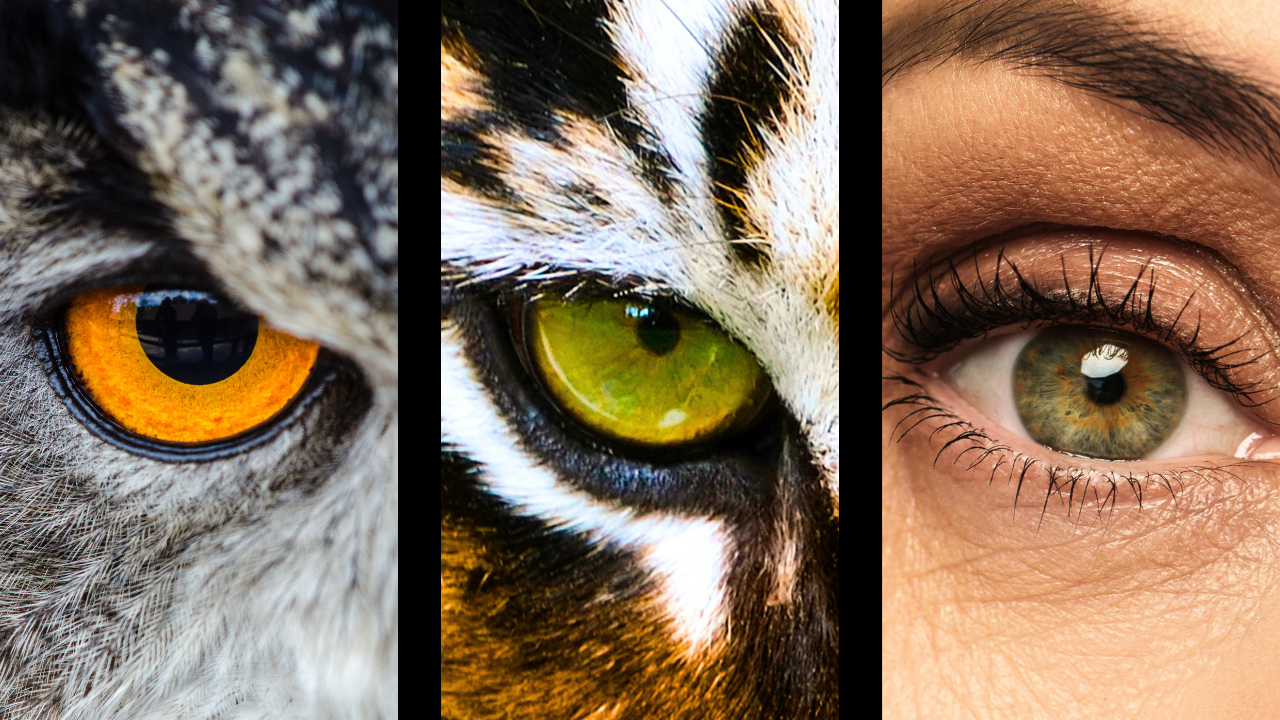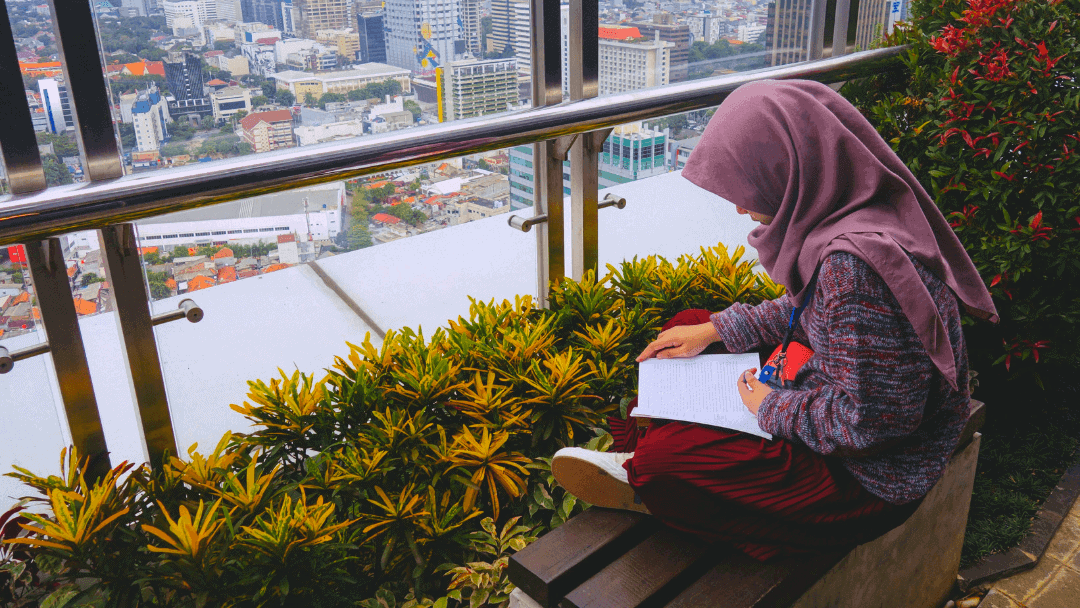“Oh Muhammad, if you consider the fact that Paradise’s width is as that of the heavens and the earth, then where would hell be?”
The Prophet, peace and blessings of Allah be upon him, answered: “Just tell me, when the night covers everything with its darkness, where would day be?”
I had known Toby since I was a young child. We were neighbours and friends and then from the age of eleven, we both ended up at the same secondary school together. Toby was never my closest friend, but we were comfortable around each other, having spent so much of our lives in close proximity. Throughout our years as friends, we felt as though we were similar to each other. Both of us came from stable households and had well-off parents. Both of us had lived similar lives, with similar friendship groups and similar interests. We went hiking together, played for the same football team, walking in each other’s footsteps for much of our teenage years.
In my early teens I remember a conversation I once had with Toby. I told him, with some level of pride and satisfaction, of the restrictions that my religion imposed upon me. I told him I couldn’t drink alcohol, or do drugs, or have sexual relations before marriage. Though all these things appeared sensible to me, far from being impressed, Toby looked at me with incredulity. “So basically,” he told me, “you can’t do any of the fun things that normal teenagers do?” I left that conversation feeling a little bewildered and confused. Was my faith a positive force for good in my life, or would it turn out to be an inconvenience – a hindrance to the excitement I could otherwise have?
It was only in our mid-to-late teenage years that I truly noticed any discrete, substantial difference between the two of us. When we had time to ourselves, I used to spend my hours very differently to him. I was content whether I was in company – such as playing sports or going to the cinema or to a meal with friends- or whether I was alone, for even during times of solitude I found meaning and hope and a vague connection with a Higher Power. From later conversations, however, I realised that Toby was not so content with time alone. He knew not what to do with himself and often found himself out late at night, drinking with friends, or even strangers. He formed several relationships, which started off as exciting and intriguing for him, but always eventually either fizzled out or came to a sudden and unhappy end.
Toby’s life seemed exciting to me at first and a small part of me wondered what it would be like to have the high’s that he experienced – living teenage life, as many would say, to the full. Was my faith a positive force for good in my life, or would it turn out to be an inconvenience – a hindrance to the excitement I could otherwise have? Though he never directly said it, I could tell that Toby, whilst respecting my principles, pitied me for not engaging in all of the teenage activities as everyone else was. He looked up to those people who had more attractive girlfriends, or went clubbing more frequently than him and looked down to people like me, who had few of the things that he most aspired to have.
We went to separate universities and lost contact somewhat, but one evening, two years later, I meet Toby again. Sitting on a friend’s sofa, we catch up on lost time and discuss the events of the time we had spent apart. Toby was always a boy who seemed to love life, whose eyes lit up with every new experience or encounter, who was the life and soul of every meal out or get-together. However on this occasion, when I speak to him, something has changed. There is a mysterious resignation in his demeanour, a noticeable sadness beneath his ever-present smile, a heart and soul that seems broken by the ceaseless motion of time and by the bitterness and deception of the world. Few else would have noticed it, but having known Toby since early childhood, I can sense this shift.
Toby had been suffering from mental health problems for the past two years, on and off and severe depression and severely impacted upon his studies. The years of university, with all their apparent charms and excitements, had apparently broken him and an individual whose life I had once wondered what it would be like to live, had responded to me with a single, unspoken, sad smile on that sofa.
I reflect upon heaven and hell. States beginning in this very life, perhaps continuing to the next, until eternity. Strange, I think, how two people, living the same material lives, could get to our early twenties with such radically different internal states. Strange how our outer appearances never reflect our inner experiences, how beneath every smile there is a different story. Today, for all too many, that story is one of sadness and despair.
Toby’s name has been changed for confidentiality purposes.
This article is an extract from ‘Emergence: The Journey of a Young British Muslim Living in an Age of Extremism.’ For more info, and to pre-order this book, click here
This series, “Islam and Mental Health” looks as the interaction between faith, inner peace, and mental disorders such as depression and anxiety, through various different angles and perspectives.
Mental illness is a serious and treatable problem, and has multifaceted causes. This series in no way intentionally implies that there is only one cause, or one solution, however it attempts to spark a discussion into the role in which faith and spirituality can play in protecting or preventing certain types of mental disorders.












5
Have you got the part 2 of this out, yet?
Very interesting
4.5